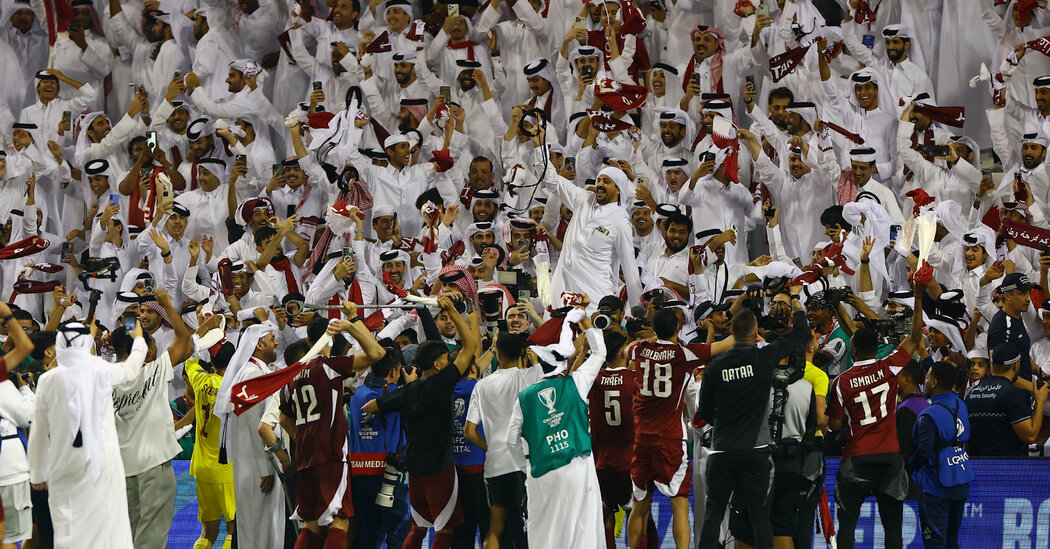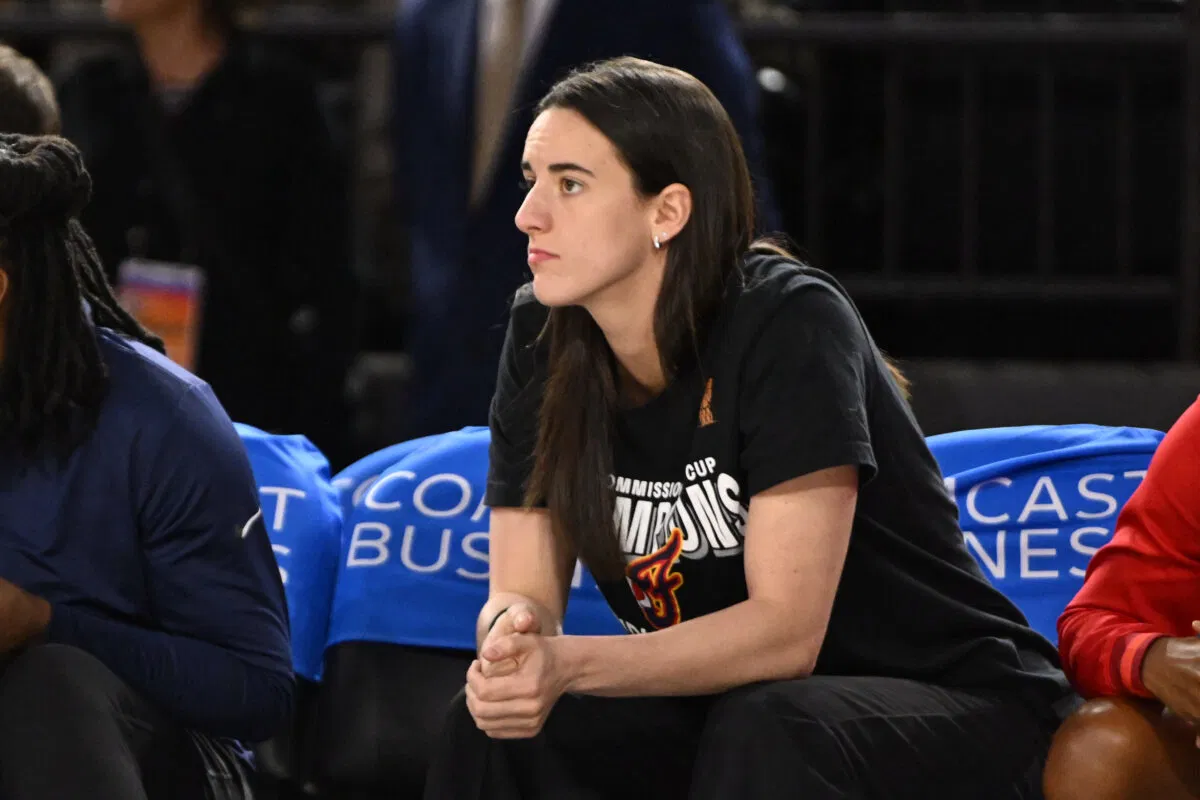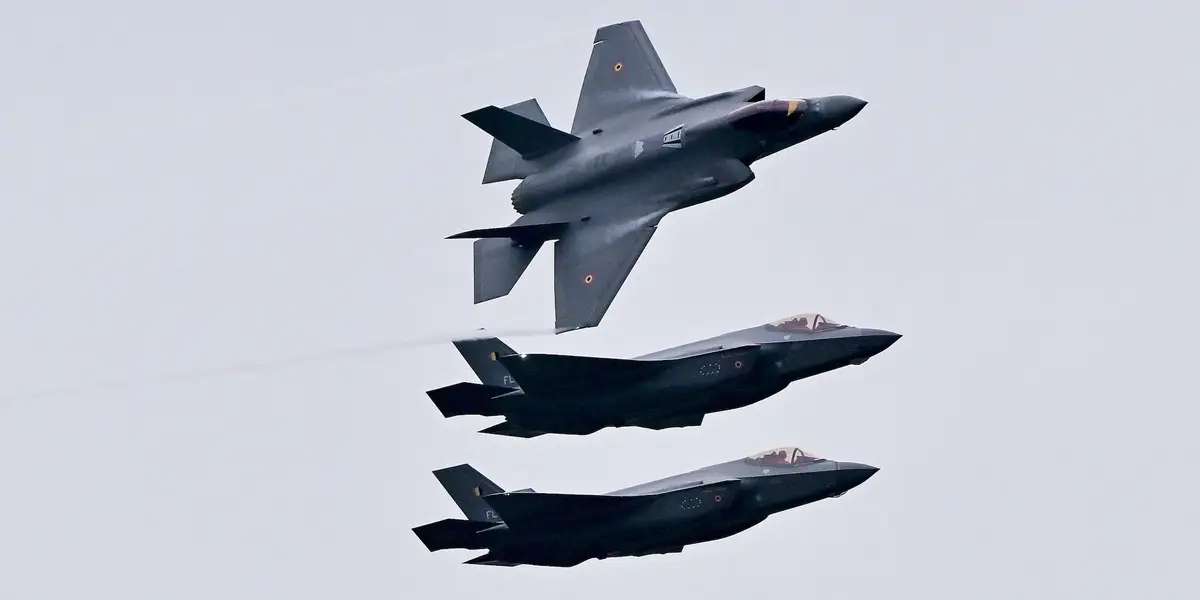Copyright The New York Times

The unparalleled spending of Qatar and Saudi Arabia in the soccer world over the past decade has brought them influence, attention and access that few other nations can rival. For the first time, it appears to have had an effect on events on the field, too. The Qatari and Saudi national teams secured places this month in next summer’s World Cup after soccer’s governing body in Asia — a recipient of lavish funding from the two Gulf states — changed qualification rules to give them home-field advantage, extra rest days and access to more tickets for fans. The moves enraged opponents and brought new scrutiny to how power works atop global soccer. “I simply can’t understand it,” said Carlos Queiroz, the coach of Oman’s national team, which played to a scoreless draw against Qatar this month in Doha. “I am, however, absolutely convinced that this playoff format was the worst possible service that football leadership could have done to its own credibility.” The two Gulf nations’ spending has repeatedly called into question soccer’s credibility, particularly after FIFA, its global governing body, in 2010 awarded tiny, gas-rich Qatar the hosting rights to the 2022 World Cup in a bidding process widely seen as corrupt. Qatar denies the allegations. More outrage ensued when FIFA short-circuited its own rules and delivered the 2034 tournament to Saudi Arabia without competition. Wealthy nations or powerful leaders frequently use sports to burnish their reputations or secure influence. President Vladimir V. Putin of Russia presided over the 2014 Winter Olympics, which saw the worst doping scandal in sports history, then took center stage at the World Cup that his country hosted four years later. Saudi officials have argued that they are investing in sports to diversify their oil-dependent economy and cater to their young population’s enthusiasm for soccer. The Saudi national team has qualified for the World Cup seven times. “The Saudi leadership wants the country to take its rightful place among the countries at the top table of global sports, and so its motivation is driven by a growing national pride and belief that Saudi Arabia has become a major power,” said Neil Quilliam, an expert on the Gulf states at Chatham House, a London-based research organization. In Asian soccer, decisions have become increasingly tilted in one direction. The regional governing body, known as the A.F.C., loosened player eligibility rules to allow more foreign players on club teams after squads began signing international stars such as Cristiano Ronaldo to lucrative contracts. It changed the format of its top competition to play all its final-round games in Saudi Arabia, delivering home-field advantage to the kingdom’s teams. Its management of World Cup qualification, however, stands apart. The A.F.C. had eight guaranteed spots for its members in next year’s World Cup, which will be co-hosted by the United States, Canada and Mexico. The federation established the qualification structure for its 47 member countries a year before such matches began in 2023. The complicated format allowed a few paths to the World Cup. In one route, Iraq and the United Arab Emirates would have locked up hosting rights and top seeding for a final round of matches based on their performances in earlier qualifiers. In that final stage, six teams were split into two groups, and the winner of each would secure a World Cup slot. But the federation suddenly changed course in March. Rather than hand hosting rights to the Iraqi and Emirati teams, it instituted a bidding process based on “principles of fairness,” according to a letter from the federation to member nations reviewed by The New York Times. Multiple countries submitted bids. In June, the Asian federation awarded hosting rights not to Iraq and the Emirates, but to Saudi Arabia and Qatar, without explanation. They also were both given top seeding. Qatar earned it on merit, but Saudi Arabia did not; Iraq outranked it. The higher seeds came with double the days off between games compared with what opponents got. The rest time discrepancy was “the most critical issue,” said Mr. Queiroz, who has coached some of soccer’s biggest teams, including Manchester United and Real Madrid. “Jesus once said, ‘Father, forgive them, for they know not what they do,’” he added. “But in this case, they knew exactly what they were doing.” National federations, competing teams and fans expressed fury. “Disclosure of the selection process and timings would contribute to strengthening trust among federations and maintaining the principle of equal opportunities,” the Iraqi national team wrote in a statement. The United Arab Emirates also wrote letters of complaint. The Asian federation never responded. In its qualifying match against Qatar this month, the Emirati team needed only to tie the match to ensure a spot in the World Cup. But it struggled to come back after falling behind, facing among other obstacles an aggressive crowd of Qatari fans, who disrupted the final stages of the game by throwing debris on the field. Qatar’s captain, Akram Afif, acknowledged later that he had goaded fans into the misbehavior, “just to waste time, naturally,” underlining the benefit of Qatar’s home-field advantage. Qatar hosted the match in a small stadium rather than one of the larger ones it had built for the 2022 World Cup, limiting Emirati fans’ attendance. The Emirates’ population is more than three times Qatar’s. Frustration among the small contingent of Emirati fans boiled over into a skirmish that required the stadium security guards to quell it. And at a lavish A.F.C. event in Riyadh this month, an Emirati delegation declined to accept an award onstage. It was not clear why the Asian soccer federation, which is led by a member of the Bahraini ruling family, Sheikh Salman bin Ibrahim Al Khalifa, did not use neutral locations for the games as some of the participating teams had called for. The organization’s home base in Malaysia has acted as a neutral host before. The sudden change of regulations is the latest example of how soccer’s leaders have backpedaled from promises to be more transparent following a global corruption scandal in 2015, said Miguel Maduro, FIFA’s former head of governance under its current president, Gianni Infantino. “Are they setting a set of rules for this set of actors that is convenient for them?” Mr. Maduro asked. FIFA could have intervened, he suggested, because the qualification process administered by the A.F.C. was ultimately for FIFA’s World Cup. In response to a request for comment, a FIFA representative shared a 54-page guide to its competition regulations. Saudi Arabia and Qatar have sought influence with FIFA as well. Qatar provided Mr. Infantino with a luxury villa before the 2022 World Cup there, and he continues to have unlimited access to a state-owned private jet. FIFA has received millions of dollars in Saudi backing, and Mr. Infantino has also frequently visited Riyadh. Saudi Arabia’s de factor leader, Crown Prince Mohammed bin Salman, has hosted Mr. Infantino at his official palace and at sporting and business events. Mr. Infantino attended an investment conference there this week, where he where he held forth alongside world leaders in a panel discussion about whether humanity was headed in the “right direction.” The FIFA president has proved a crucial ally for the kingdom. He helped promote a Saudi proposal to hold the World Cup every two years instead of every four, which ultimately went nowhere. FIFA also bent its own rules when it awarded the kingdom hosting rights for the 2034 tournament.



